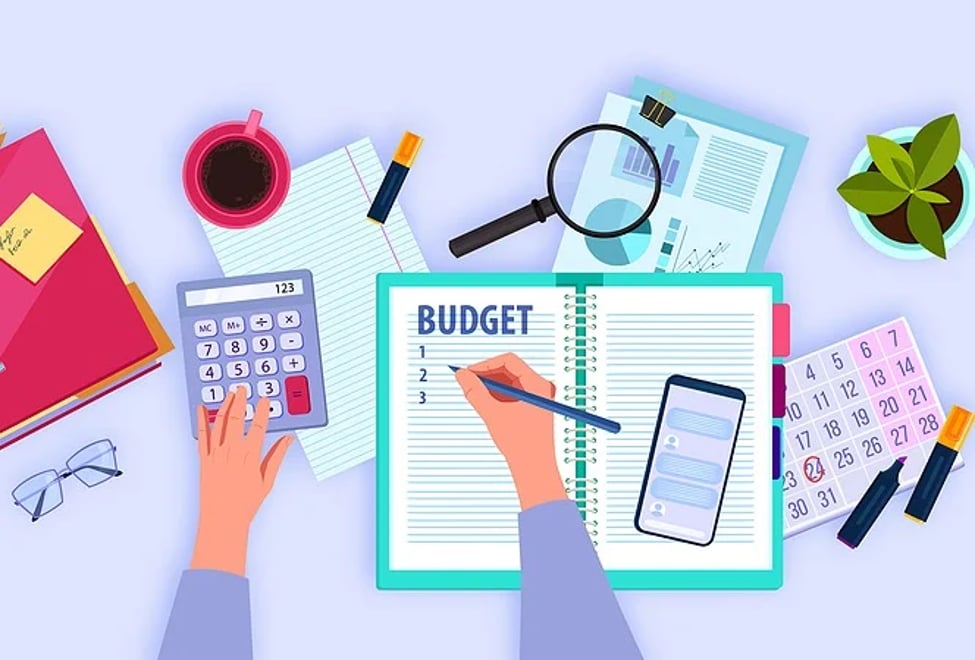Buying a home is an exciting milestone, but understanding the costs involved can feel daunting. The good news? It doesn’t have to be. By learning about the expenses you’ll encounter upfront, you can take control of the process and plan confidently for your new home purchase.
Here’s a breakdown of the key costs experts recommend considering as you budget for your homebuying journey.
1. Down Payment
For many, saving for a down payment is the most significant financial step in buying a home. But how much do you actually need? While a 20% down payment is a common benchmark, it’s not a hard-and-fast rule. Many loan options allow for much lower down payments:
FHA Loans: Require as little as 3.5% down.
VA and USDA Loans: Offer 0% down payment options for eligible buyers.
According to The Mortgage Reports, the amount you’ll need depends on factors like your loan type, financial goals, and eligibility for down payment assistance programs. Working with a trusted lender will help you navigate these options and determine what’s best for your situation. They can also introduce you to programs that might lower your upfront costs, giving you more flexibility to achieve your dream of homeownership.
2. Closing Costs
In addition to your down payment, you’ll need to budget for closing costs. These fees are part of finalizing the home purchase and typically range from 2% to 5% of the total loan amount. Closing costs often include:
Appraisal fees
Title insurance
Loan origination and underwriting fees
Your lender will provide an estimate of your closing costs early in the process, so you know what to expect. In some cases, you may be able to negotiate for the seller to cover a portion of these expenses, but it’s always wise to plan ahead and be prepared.
And don’t forget to account for your real estate agent’s professional service fee. While sellers often cover this cost, it’s a good idea to discuss it with your agent upfront to ensure there are no surprises.
3. Earnest Money Deposit (EMD)
An earnest money deposit is a way to show the seller you’re serious about your offer. This payment, usually between 1% and 2% of the home’s purchase price, serves as a good-faith gesture when you submit an offer.
Here’s how it works: If your offer is accepted, the earnest money will go toward your down payment or closing costs. In essence, it’s not an additional expense but a part of the money you’ve already saved for your home. According to Realtor.com, this deposit reassures sellers of your commitment while providing you with a competitive edge.
Keep in mind, though, that earnest money isn’t mandatory and doesn’t guarantee your offer will be accepted. A knowledgeable real estate advisor can guide you through local practices and help you decide whether an earnest money deposit is necessary in your situation.
Why Being Prepared Matters
The key to a successful homebuying experience lies in understanding the costs upfront. By knowing what to budget for—including your down payment, closing costs, and potential earnest money deposit—you can move forward with confidence.
To make the process even smoother, work with a trusted team that includes a knowledgeable real estate agent and an experienced lender. Together, they’ll provide the guidance and support you need to navigate your homebuying journey with ease.
Bottom Line
Buying a home is a significant financial commitment, but it doesn’t have to be overwhelming. By planning ahead and understanding the key costs involved, you’ll be better equipped to make informed decisions every step of the way. With the right preparation and expert advice, you’ll be ready to take this exciting next step toward homeownership.

